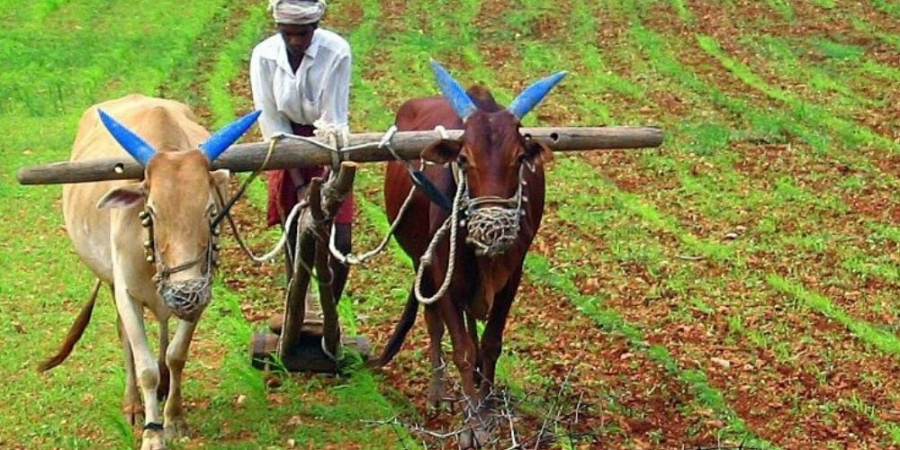

Climate change presents significant challenges to global agriculture and food production systems. As temperatures rise, extreme weather events become more frequent, and precipitation patterns shift, farmers worldwide are facing unprecedented challenges in maintaining productivity and food security. This article explores the various ways in which climate change affects agriculture and food production, as well as the adaptation strategies that farmers and policymakers are employing to mitigate these impacts.
1. Changing Growing Conditions
One of the most immediate impacts of climate change on agriculture is the alteration of growing conditions. Rising temperatures can lead to heat stress in crops, affecting their growth and yield. Additionally, changes in precipitation patterns, including more frequent droughts and floods, can disrupt planting schedules and reduce crop productivity. Regions that rely on predictable rainfall patterns may face water scarcity, further exacerbating the challenges faced by farmers.
2. Pests and Diseases
Warmer temperatures and altered weather patterns can also affect the prevalence and distribution of pests and diseases. Insects and pathogens that were once limited to specific regions may expand their ranges, posing new threats to crops. This can lead to increased use of pesticides and other chemical inputs, raising concerns about environmental sustainability and human health.
3. Water Management
Water scarcity is a growing concern in many agricultural regions, exacerbated by climate change. Changes in precipitation patterns and increased evaporation rates can reduce water availability for irrigation, affecting crop yields and farmer livelihoods. Sustainable water management practices, such as drip irrigation and rainwater harvesting, are becoming increasingly important for mitigating the impacts of climate change on agriculture.
4. Crop Diversity and Resilience
Maintaining crop diversity is essential for building resilience to climate change. Farmers are exploring the use of diverse crop varieties that are adapted to local environmental conditions, including heat and drought tolerance. Crop breeding programs are also focusing on developing resilient varieties that can withstand the challenges posed by climate change, such as floods, heatwaves, and pest infestations.
5. Technology and Innovation
Advances in technology play a crucial role in helping farmers adapt to climate change. Remote sensing technologies, such as satellites and drones, can provide valuable data on soil moisture levels, crop health, and weather patterns, enabling farmers to make informed decisions about irrigation and crop management. Precision agriculture techniques, including GPS-guided machinery and automated irrigation systems, can optimize resource use and minimize environmental impact.
6. Policy and Governance
Effective policy and governance mechanisms are essential for supporting climate-resilient agriculture and ensuring food security. Governments can provide incentives for sustainable farming practices, such as subsidies for climate-smart technologies and investments in agricultural research and extension services. International cooperation is also crucial for addressing global challenges, such as mitigating greenhouse gas emissions and promoting equitable access to resources.
In conclusion, climate change poses significant challenges to agriculture and food production, threatening global food security and farmer livelihoods. However, by implementing adaptation strategies such as crop diversification, sustainable water management, and technological innovation, farmers can build resilience to climate change and ensure the long-term sustainability of agriculture. Moreover, coordinated efforts at the national and international levels are necessary to address the underlying drivers of climate change and support climate-resilient agricultural development.
